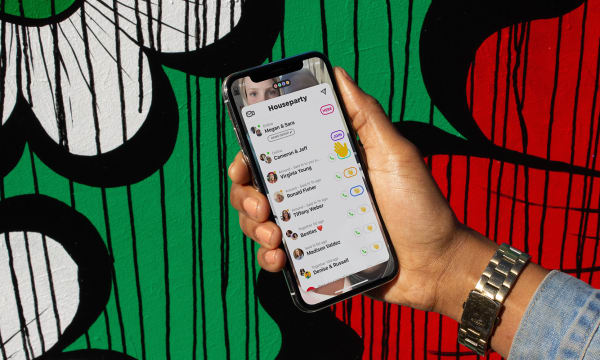What happens when a Bumble co-creator and senior engineering manager from Facebook start brainstorming? They create the next iteration of social media.
Niche, a Web3 content platform currently open for beta, is a decentralized social app created to redistribute ownership of its networks to its members and content creators. We spoke with co-founders Chris Gulczynski, previously co-creator and CPO of Bumble as well as a co-founder, CCO, and patented co-inventor of “the swipe” feature for Tinder, and Zaven Nahapetyan, previously a senior engineering manager from Facebook, about the potential Niche holds for consumers, creators, and brands as digital engagement continues to evolve in Web3.
Below, they catch up with us about why the future of social media is decentralized, how decentralization can unlock creativity, and how Niche is turning users into owners.


